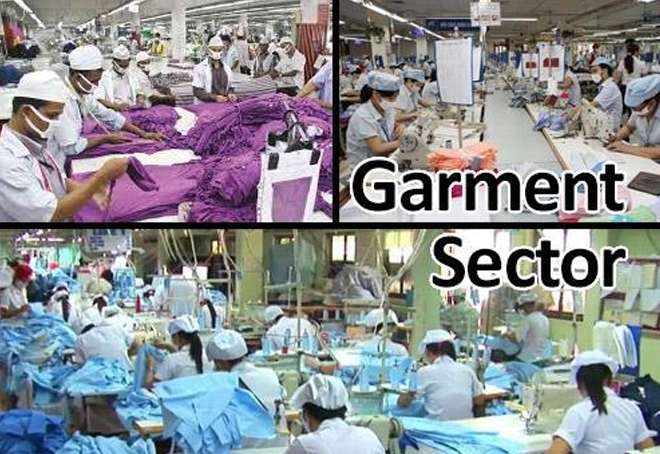AEPC & Fashion for Goods hold session to promote Circularity amongst Indian garment industry
Updated: Jul 28, 2022 11:14:51am

AEPC & Fashion for Goods hold session to promote Circularity amongst Indian garment industry
New Delhi, July 28 (KNN) The Apparel Export Promotion Council (AEPC) in collaboration with Fashion for Goods, Netherlands organised a brain storming session on ‘Promoting Circularity amongst Indian Garment industry’ at Apparel House, Gurugram on July 27.
Speaking at the event, Textiles Secretary, U. P. Singh said that the government is ready to help industry with policy support to build a viable ecosystem for sustainable and circular economy.
The brainstorming session involved all the stakeholders engaged in the garment value chain including Brand Partners, Supply Chain Partners, Pre-consumer pilot stakeholders, 20 manufacturers, Technology Innovators, amongst others.
While addressing the session, Naren Goenka, Chairman AEPC said, “The major issue which has gained the attention of the global consumers is the landfill contribution made by the textile waste both at pre and post-consumer stage. Approximately, 50 per cent of the fabric is wasted during the manufacturing process and the fast fashion trends leads to 81 per cent of all manufactured garments getting dumped as landfills either due to short life cycle after consumer use or due to excess stock.”
“With the government support and the rate at which the global apparel market size is expected to grow, India is well placed to produce more to cater to rising global demands. Our country with its strength in availability of variety of raw material with minimal import dependence leading to short lead times, becomes a preferred manufacturing hub for the major international brands and retailers, he added.
AEPC’s recent initiatives will help Indian garment manufacturers to achieve their circularity goals by addressing issues such as agricultural waste to textile, Chemical recycling of textile, Textile waste, Alternate leather, regenerative agriculture, Wastewater, Plastic recycling and Traceability in the textile supply chain. (KNN Bureau)













